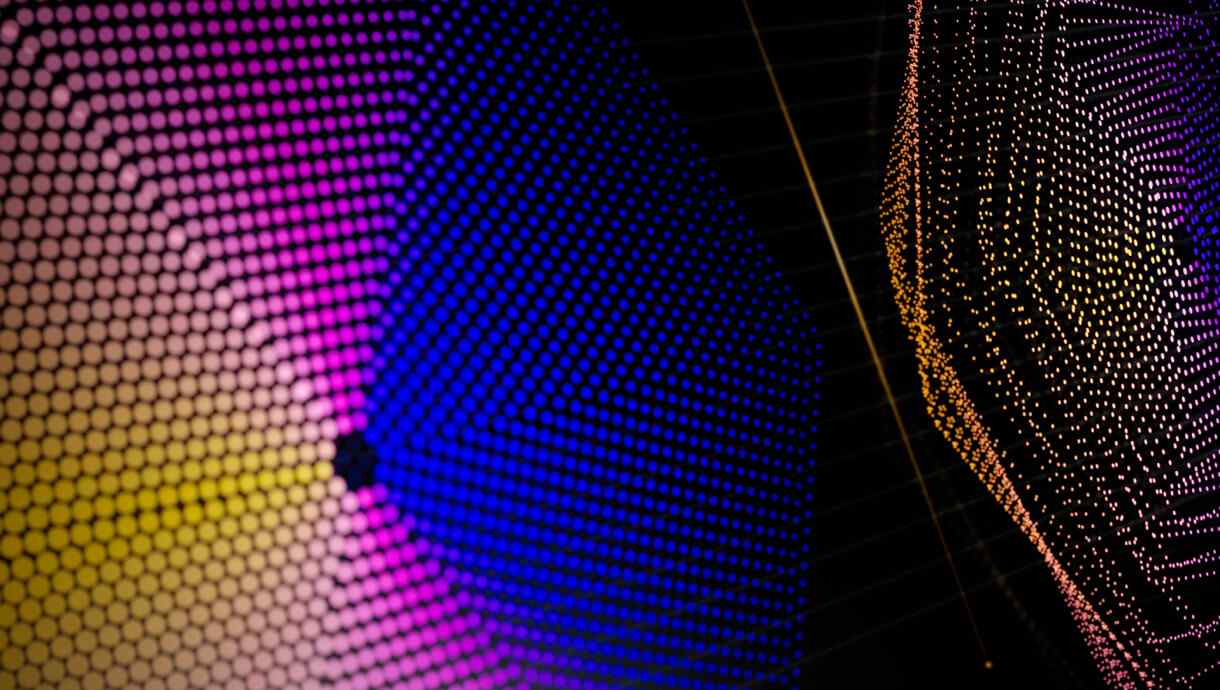01 — INDUSTRY PROBLEM
Users are faced with astronomical costs, limited access and long contracts which cripple their ability to afford reliable access to GPU resources for AI training
PROBLEM 1
Centralized GPU access
is too expensive
Short term GPU rental prices are outrageous and require multi-year contracts for moderate (yet still expensive) discount.
PROBLEM 2
Centralized GPU access
is unfriendly to AI startups
Big enterprises and cloud service providers own most GPUs, creating favoritism that makes it hard for unknown startups to compete.
PROBLEM 3
Decentralized GPU access
fails to compute AI
Currently, GPU crowd-sourcing meets only 20% of market demand, and it’s mainly for hobbyists, not suitable for high-power AI training.
PROBLEM 4
Decentralized GPU access
lacks robust core
The internet is too slow a network to be the core architecture for connecting distributed GPU resources. Fractured communication limits computing power.
02 — THE PAINFUL TRUTH
Countless AI startups claim limited GPU availability and sky-high costs prevent them from entering the AI market and stifles innovation.

“Our team has groundbreaking ideas, but we’re constantly held back by the cost and scarcity of high-performance GPUs. Without access to affordable, scalable GPU resources, our growth and ability to innovate are severely limited.”

“To access GPU resources from cloud providers, we’re required to sign contracts with 18-month, or even 3-year commitments. This lack of flexibility is intimidating and doesn’t allow us the agility we need to scale or pivot quickly in such a fast-moving industry.”

“After upgrading to new hardware, our previous GPUs sit idle, depreciating in value. We need a way to repurpose or monetize these assets instead of writing them off as sunk costs.“

03 — OUR SOLUTION
Build an autonomous AI protocol that facilitates the affordable short term rental of high-power GPGPUs for anyone who wants access.
Today:Build AI Protocol that connects users to GPU clusters
Tomorrow:Decentralize GPU access globally for universal and sustainable use

“Finally, affordable time in the cloud to finish our full AI build.”

04 — HOW IT WORKS
Our AI platform is a dynamic, global match-maker, based in Blockchain, and will evolve to be fully autonomous.

Our AI Protocol receives user’s request for GPU nodes. Project needs are evaluated and system searches for available nodes in global pool.
Bang! Nebulux AI Protocol dynamically matches the application with the best cost performing GPGPU infrastructure underneath by evaluating the nature of the application, the scale and communication needs and global proximity
Our global compute pool is a lucrative model consisting of GPU nodes and miners are paid daily whether they’re being used or just standing by. Our Treasury releases tokens daily.
Our Nebulux AI Protocol draws up the Smart Contract and administers to the end user and secured miner. Once contract is executed, the project is scheduled and the user gets connected with the appropriately assembled GPU cluster for this specific use.
When project is complete, miner submits proof to Nebulux AI Protocol, gets paid and end user received completed project. Lastly, the GPU cluster gets disassembled and released back into resource pool awaiting dynamic reassignment.

05 — WHO BENEFITS?
Contributing to a decentralized network benefits individuals, businesses, institutions and the world:
Demand / Users
Borrowing GPU resources on-demand allows users to pay only for the compute power they need, avoiding high upfront costs associated with purchasing or maintaining hardware. This makes computing accessible to smaller teams and projects with limited budgets.
Demand users can easily scale their access to GPU power up or down based on project requirements, whether they need extra power for short-term tasks or ongoing projects. This supports dynamic workloads and rapid growth, enabling faster experimentation and agility in meeting changing compute needs.
Decentralized networks use cryptographic methods and often offer strong privacy protections, making it safe for demand users to process sensitive data. This reduces risk of data breaches and strengthens data handling compliance, especially for regulated industries.
Decentralized networks often feature a diverse array of GPUs, including high-performance models, allowing demand users to leverage top-tier hardware without long-term investment.
A decentralized network provides flexibility to switch providers and resources as needed, rather than being tied to a specific cloud or GPU provider enabling the freedom to choose the best resources available eliminating dependency on a single vendor.
Suppliers / Data Centers
By contributing unused or underutilized GPU resources to the network, companies can recover sunk costs during off-peak times or when demand is low within their own operations. This passive income stream maximizes asset utilization.
Companies can tap into shared GPU power from the network instead of scaling up in-house hardware. Flexible borrowing enables budget-friendly scaling options, ideal for handling peak loads or experimental projects without long-term hardware investments.
Decentralized networks often integrate strong cryptographic protocols, reducing single points of failure and providing secure data handling and transaction transparency. This bolsters data integrity, reduces risks associated with centralized control, and minimizes exposure to breaches.
Supporting a decentralized GPU network positions a company as a forward-looking player within the Web3 space, which emphasizes transparency, user empowerment, and shared ownership.This builds brand reputation as a decentralization advocate, attracting both customers and partners focused on open-source and decentralized principles.
Being part of a decentralized network connects companies with other contributors and borrowers who might have complementary projects or shared research interests. This fosters partnerships, shared innovations, and community driven improvements to GPU and AI development practices.






